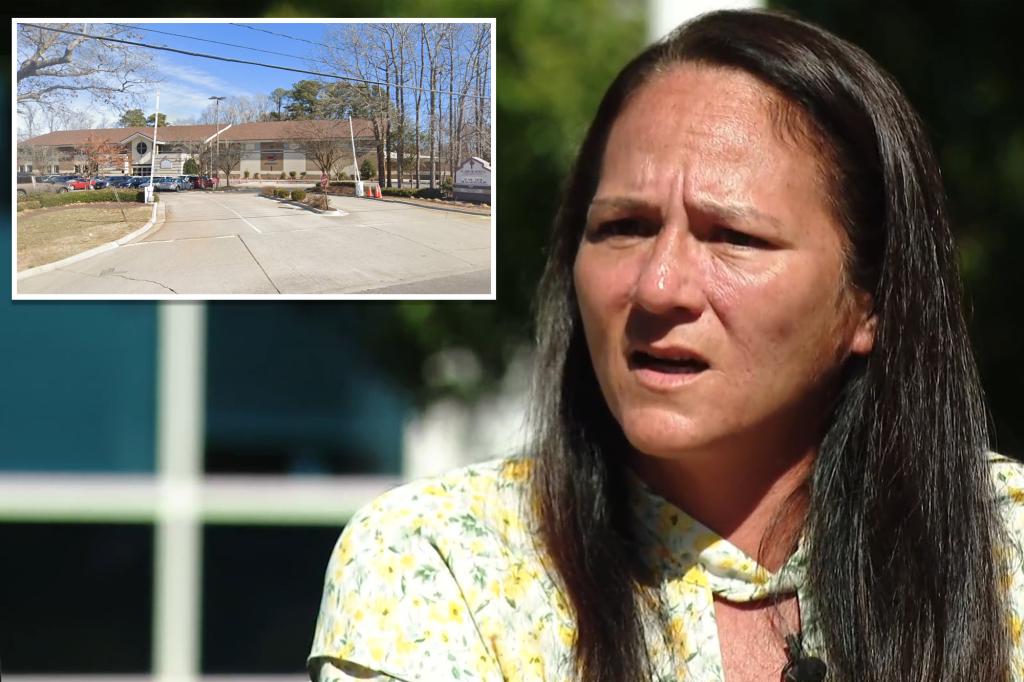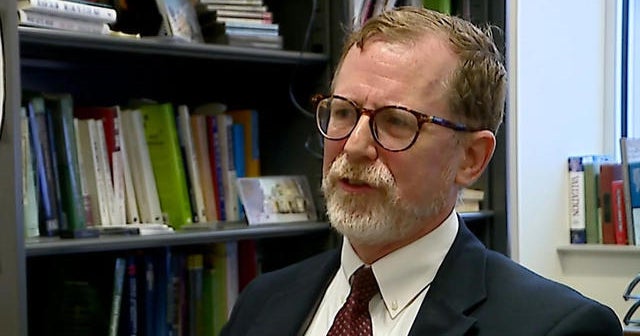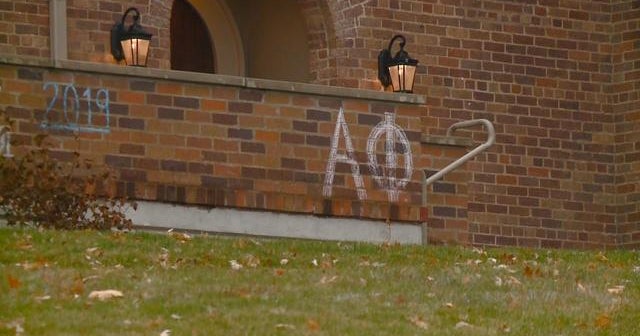Virginia Court Delivers Landmark Ruling on School Reporting Policies
A Virginia circuit court judge issued a groundbreaking decision this week, striking down a private school’s suspension of a student who delayed reporting a classmate’s firearm possession. The ruling, handed down in Fairfax County on Tuesday, challenges zero-tolerance policies and sparks debate about balancing student safety with fair disciplinary practices in educational institutions.
The Case That Challenged Zero-Tolerance Policies
The controversy began when a high school sophomore at Oakridge Preparatory Academy (name changed pending appeal) waited 36 hours to report seeing another student with a handgun off-campus. School administrators suspended both students under their mandatory reporting policy, but the delayed reporter’s family filed suit arguing the punishment violated Virginia’s educational fairness statutes.
Judge Elena Rodriguez’s 28-page opinion emphasized that while schools have a legitimate interest in maintaining safety, their policies must account for “the complex social dynamics and developmental stages of adolescent decision-making.” The ruling cited:
- 2019 CDC data showing 7% of high school students avoid reporting safety concerns due to peer pressure
- A 2022 Johns Hopkins study finding delayed weapon reports often stem from fear rather than complicity
- Virginia Department of Education guidelines encouraging “proportional responses” to safety violations
Balancing Safety and Student Rights
Legal experts describe the decision as a potential turning point in school disciplinary practices. “This recognizes that students aren’t miniature adults,” said Dr. Lila Chen, an education law professor at George Mason University. “The court acknowledged the very real social consequences teenagers weigh when considering whether to report peers.”
However, school safety advocates express concern. Mark Williams of the National School Safety Coalition argues: “Every minute counts when firearms are involved. This ruling could create dangerous hesitation when students witness threats.” His organization points to FBI data showing 75% of school shooters disclose plans to peers beforehand.
Implications for Virginia Schools
The immediate impact will likely be:
- Revised reporting policies at 300+ private schools receiving state accreditation
- New training requirements for administrators on developmental psychology factors
- Potential legislative action to clarify reporting timelines
Fairfax County Public Schools, Virginia’s largest district, announced it will review its protocols within 60 days. Meanwhile, Oakridge Preparatory plans to appeal, arguing the decision “undermines consistent enforcement of safety standards.”
The Human Element Behind the Ruling
Court documents reveal the suspended student, identified only as “J.D.,” feared retaliation from the armed peer’s friend group. Text messages showed J.D. ultimately reported after consulting a trusted teacher. Developmental psychologists note this aligns with typical adolescent risk assessment patterns.
Dr. Rebecca Samuels, a child psychologist interviewed for the case, explains: “The prefrontal cortex controlling impulse regulation isn’t fully developed until age 25. Expecting teens to always make optimal safety decisions ignores neurological reality.”
What Comes Next for School Safety Policies?
Legal analysts predict this case may inspire challenges to rigid disciplinary codes nationwide. Twenty-three states have laws requiring immediate weapon reporting, but few address mitigation circumstances. Virginia’s ruling could prompt:
- Model policies distinguishing between possession and delayed reporting
- “Good faith” protections for students who eventually come forward
- Increased funding for anonymous reporting systems
For parents and educators seeking balanced solutions, the Virginia Department of Education will host a webinar on developmentally appropriate safety policies on September 12. Registration is open to all stakeholders through the agency’s website.
As schools navigate this complex landscape, one truth emerges: protecting students requires both clear boundaries and understanding of the adolescent mind. This landmark decision may well redefine how institutions achieve that delicate balance.
See more TED Talks World



